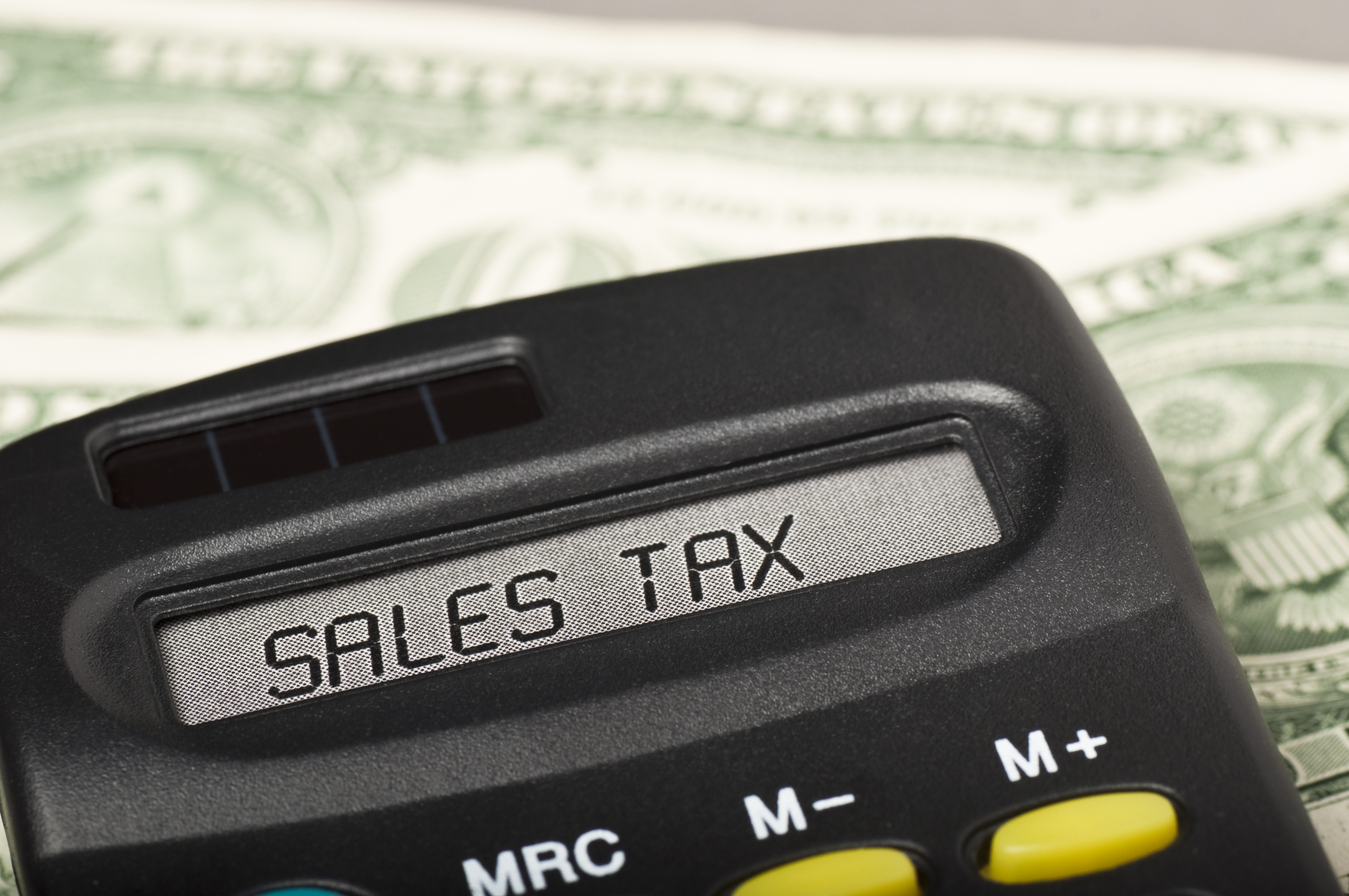On June 21, 2018, the Supreme Court of the United States (SCOTUS) ruled in favor of South Dakota in South Dakota v. Wayfair, Inc. This is a landmark decision that will likely have a broad and lasting impact, and it will take time for states to determine its impact. In the meantime, as we review the decision in its entirety, I’m often asked what this ruling means for states and for remote sellers who sell into them.
Here’s what we know: The Supreme Court has ruled the physical presence standard it upheld in Quill Corp. v. North Dakota (1992) is “unsound and incorrect.” That means states are allowed to tax businesses that don’t have a physical presence in the state.
However, before South Dakota can enforce its economic nexus law, the South Dakota Supreme Court has to approve it in a way that is “not inconsistent with” the SCOTUS ruling. As written, South Dakota SB 106 requires a remote seller to collect and remit sales tax if the seller meets either of the following criteria in the previous calendar year or the current calendar year:
- “The seller’s gross revenue from the sale of tangible personal property, any product transferred electronically, or services delivered into South Dakota exceeds one hundred thousand dollars; or
- The seller sold tangible personal property, any product transferred electronically, or services for delivery into South Dakota in two hundred or more separate transactions.”
That represents a big departure from the physical presence standard upheld by the Supreme Court in Quill Corp. v. North Dakota in 1992. Put simply, a company that doesn’t even set foot in South Dakota could have a substantial connection to the state, otherwise known as nexus. What we don’t know are some of the broader implications of this decision that will no doubt come to light in the coming weeks and months.
What now?
That’s the big question. In the immediate term, the case has been remanded to the South Dakota Supreme Court for further review. In other words, assuming the final review isn’t a big surprise, South Dakota will be free to enforce its existing law as presented to SCOTUS in the hearing.
But what most people want to know is how other states are going to respond. Will some, if not all, enact economic nexus legislation in the same vein as South Dakota? In the months since the court agreed to hear this case, several states went ahead and adopted economic nexus, including Connecticut, Georgia, Kentucky, Hawaii, Illinois, and Iowa. Many states are no longer in legislative session, so if they hope to enact similar legislation, they may have to wait until 2019.
States that already have economic nexus laws on the books are scrambling to provide more information so as to enforce them as soon as possible. For example, the North Dakota Department of Revenue has already published a Remote Seller Sales Tax FAQ explaining that remote sellers meeting the sales threshold must start collecting and remitting sales tax by October 1, 2018, or 60 days after meeting the threshold, whichever is later. The Minnesota Department of Revenue has promised to provide additional information within 30 days.
This ruling is just the first step toward a new tax compliance landscape. Justice Kennedy echoed that sentiment in the SCOTUS decision: “In the name of federalism and free markets, Quill does harm to both. The physical presence rule it defines has limited States’ ability to seek long-term prosperity and has prevented market participants from competing on an even playing field.”
What about Congress?
SCOTUS ruling in favor of South Dakota could act as a catalyst for Congress. If it decides to respond, it could move to strictly regulate interstate commerce by pursuing either the Remote Transactions Parity Act or the similar Marketplace Fairness Act, both of which would allow states to tax certain remote sales. Congress has had several years to vote on this legislation, but we’ll see if SCOTUS finally spurs it into action.
Just the beginning
In the coming weeks and months, we’ll know more about how this ruling will play out. In the meantime, learn more by reading this FAQ and by visiting avalara.com.
=======
Scott Peterson is Vice President of Tax Policy and Government Affairs at Avalara. He was the first executive director of the Streamlined Sales Tax Governing Board. For seven years Scott acted as the chief operating officer of an organization devoted to making sales tax simpler and more uniform for the benefit of business.
Thanks for reading CPA Practice Advisor!
Subscribe Already registered? Log In
Need more information? Read the FAQs
Tags: Sales Tax




